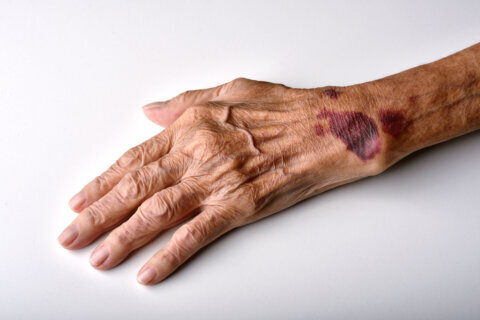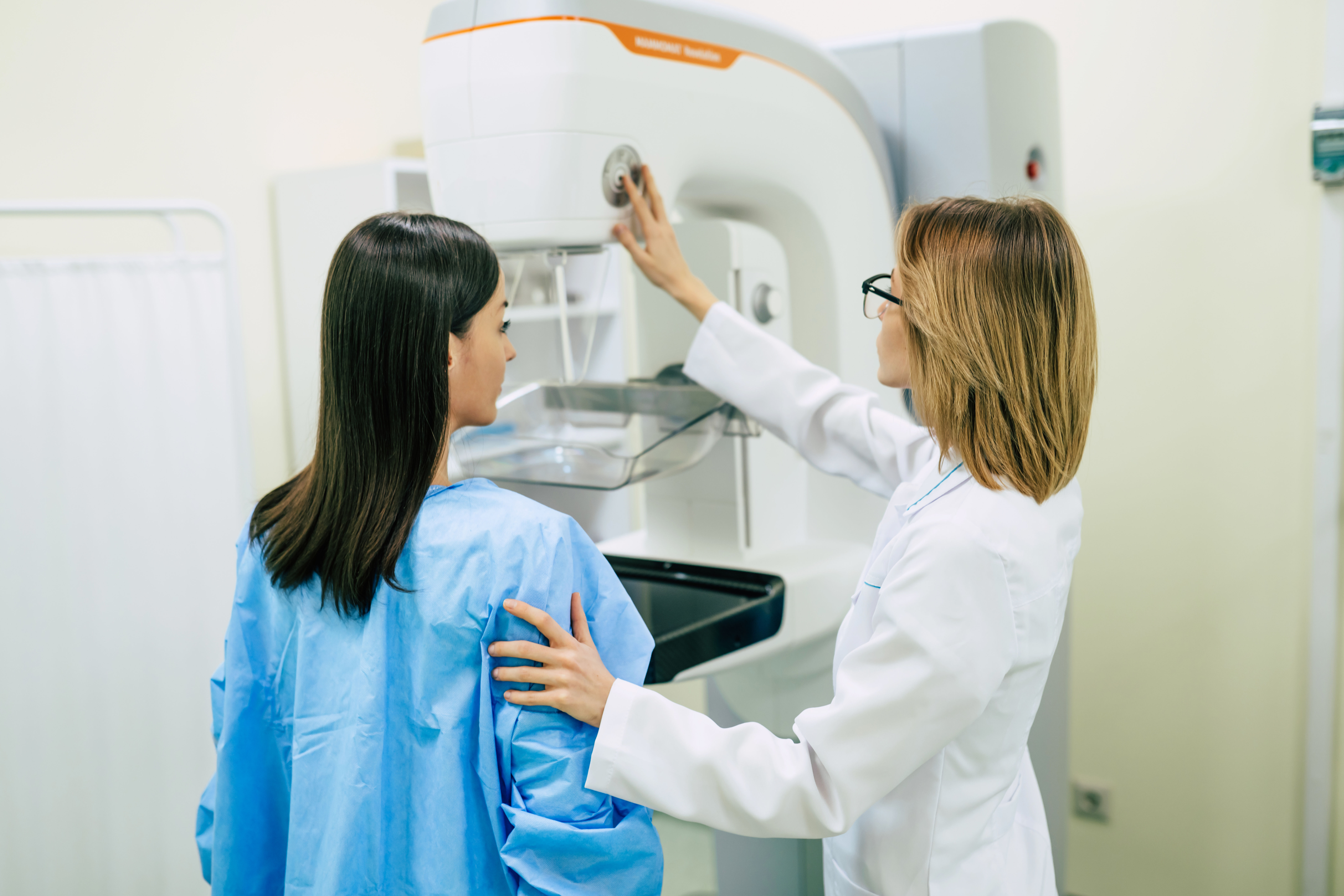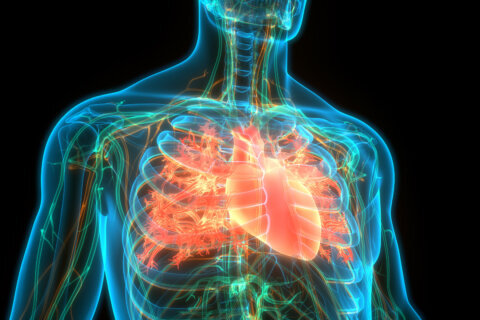This content is provided by MedStar Washington Hospital Center.
Surgically implanted cardiac devices are quite common with more than one million cardiac pacemakers implanted every year worldwide – about 200,000 of which are implanted in the United States, according to a contemporary review published in the Journal of Geriatric Cardiology.
These devices help treat slow heart rhythms or stop dangerous rapid heart rhythms. They contain leads – or wires – that run between a pulse generator and the heart. Sometimes, for numerous reasons, these leads need to be removed for a patient’s safety, according to Johns Hopkins Medicine.
This lead extraction of a Cardiac Implantable Electronic Device – or CIED – is something the team at MedStar Washington Hospital Center is skilled at doing and collaborates with other teams to improve the patient experience.
Devices with leads such as pacemakers or defibrillators have about a 1% chance of having a mechanical breakdown annually, said Dr. Cyrus Hadadi, an electrophysiologist at MedStar Washington Hospital Center. There is a somewhat higher chance of having an infection occur annually with that device – although the literature is a bit mixed, he added.
“If you get an infection on your implantable device, the truth is that there really is no way to permanently treat and clear that infection without having that device removed from your body,” Dr. Hadadi said.
Lead extraction is an important service offered at MedStar Washington Hospital Center “because the alternative to having your device safely extracted is to be either on antibiotics for the remainder of your lifetime, which is suboptimal, or honestly to die of overwhelming infection,” Dr. Hadadi said. Sometimes patients die from the infection because it is recognized too late, not treated aggressively or the leads aren’t extracted because of the capabilities of the center, he added.
“We’re really thrilled to be able to offer this procedure for our patients. It’s my single favorite procedure in my field,” Dr. Hadadi said.
CIED infections can happen more often in certain patient groups, for example, those with underlying conditions such as diabetes or bad kidney function that calls for dialysis. That’s because not only do those patients have impaired wound healing, but also their platelets — the body’s fighting cells — are impaired, Dr. Hadadi said.
There are also patients who have had their devices for years and then a certain health condition can lead to issues. For example, a patient who gets COVID-19 pneumonia or a local infection of some kind that allows bacteria into the bloodstream can be at risk.
“[The bacteria] can float around in your bloodstream, and they can land on the wires of your pacemaker or defibrillator. And if they do that, if they colonize that device, well then they’re never going to leave because it’s a nice home for them,” he said.
The lead extraction procedure can improve patient health and deliver some certainty to the patient too, Dr. Hadadi said.
“I know that every infected device that I remove is a life saved. And there’s something very, very rewarding to be able to tell an individual, a patient and their loved ones, ‘We took everything out, you’re going to recover from this infection, you’re going to be OK.’”
The road to recovery after a lead extraction can often involve rehabilitation. If the infection has spread to the cardiac tissue, patients often face six to eight weeks of intravenous antibiotics in a rehab facility or hospital, depending on their case.
Reimplantation of the CIED is also part of the recovery discussion and MedStar helps chart a path for patients to have a safe, sterile reimplantation of their device, Dr. Hadadi said.
MedStar Washington Hospital Center uses a team approach for patient care and collaborates across departments on complex cases to help give patients the best outcome.
“All of us are united in one goal, which is the safety and wellbeing of our patients,” Dr. Hadadi said.
The team at MedStar is looking toward the future to evolve with new trends and research in the industry. Dr. Hadadi said his team did about 80 lead extractions this past year, and has goals to increase that number in an effort to help identify and treat even more patients around the region.
“I think that I’m blessed to have a wonderful job where I get to take care of healthy patients, sick patients, and I get to work hand-in-hand with wonderful colleagues, who again, each bring a slightly different perspective to the future,” Dr. Hadadi said. “I really think that we have a fantastic team at MedStar and I’m very excited for what the future holds.”
Read more about lead extraction in a blog post on the MedStar Washington Hospital Center website.







